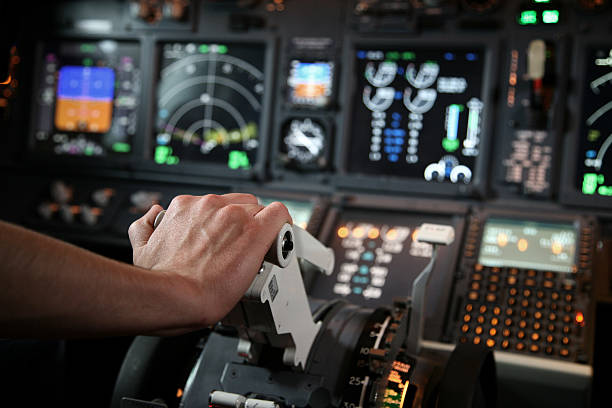As we move further forward in time, we need to consider things that we may not have before, such as doctors being trained with simulations and pilots learning to fly using Microsoft flight simulator. As you read through this article I will go into the benefits, and the doubts of using simulations to train specialists.
As the US Air Force moves into the modern age, they have started to rely on a combination of flight simulators and drills to train their pilots. One such drill is drag training, where pilots are dragged along the ground to simulate parachute drag, hence the name of the drill. One of the many reasons the Air Force has migrated to simulations for most of its flight training, is that you can crash without costing millions of dollars, as you can just start over, reset and re-run the simulation, whether it’s a dogfight or some particularly tough flying. If you’re flying in a F-15 in real life, you must take it in when it gets dark or too windy whilst in a simulation, you can fly in whatever conditions you feel like, from a sunny day to a blizzard at night. Some of the simulations used include Microsoft flight simulator, Microsoft flight simulator X, and all the other Microsoft flight sims. Does the US Air Force have a deal with Microsoft? Perhaps. On a more serious note, training with simulations has reduced pilot fatalities in training by 15%, and drone pilots have crashed almost half as much as they did before you could fly a predator in a simulation.

The Air Force are not the only ones using games to train people, medical schools have started to train doctors using virtual reality simulations and other games. While practicing on an animal or a silicon dummy may be just as good, you can see how being able to reset during practice may be a good thing. While in real life you do not have that benefit, as the age old saying goes, practice makes perfect. While there are a few downsides to training virtually, such as the fact you cannot get used to the feeling of the surgical instruments, the benefits certainly far outweigh the negatives. One VR company has started creating games for the sole purpose of helping doctors train. Some surgeries that have benefited from this training are orthopaedic and laparoscopic surgeries, as medical services advance further into the realm of technology, one must wonder, will we reach a time where doctors are no longer needed to practice complicated procedures?
Some games medical schools include, Night Shift, a game about a trauma doctor going through their day-to-day life in the hospital — measuring out painkillers and helping family through loss — thus learning about how to help families through loss of their loved ones. Another game you may be surprised to learn about is Surgeon Simulator, yes, the consumer game about operating on people, surprisingly this is how a lot of beginning doctors learn about basic surgery and a lot of the tools heart and brain surgeons use.
Many people are surprised about the number of consumer-based games specialists use to train, from the Air Force using Microsoft Flight Simulator to doctors playing Surgeon Simulator in VR.
